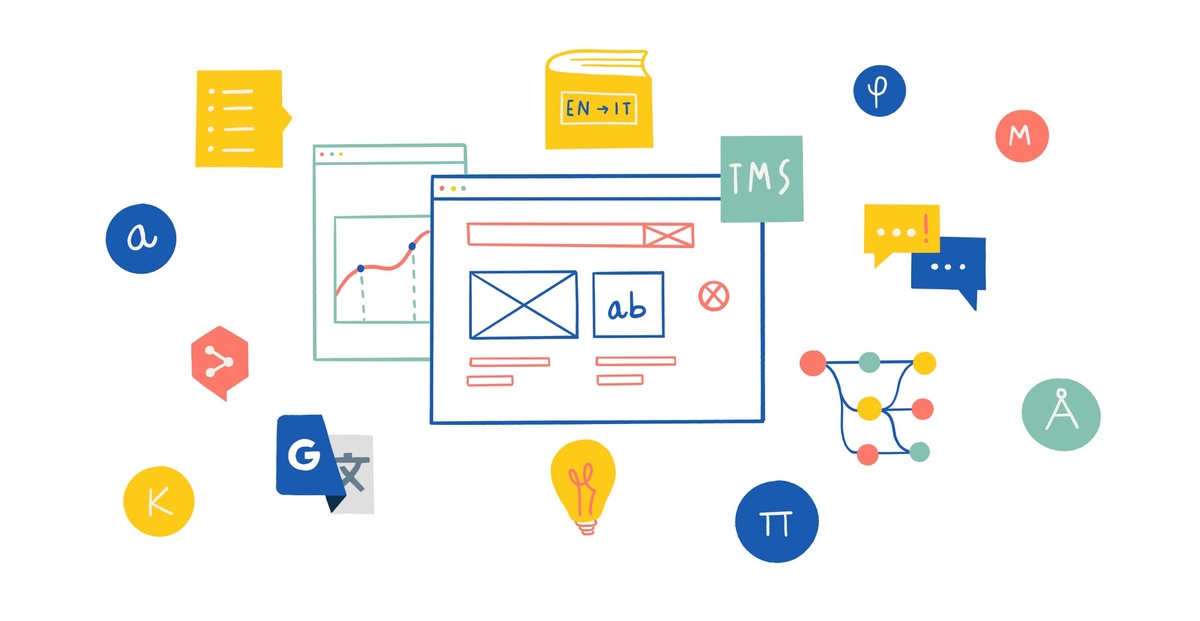Do you know that global enterprise translation services are valued at $49.6 billion in 2019 (before COVID)? Now, it is expected to grow rapidly in the coming future because of the high demand for translation services globally. Companies have understood the significance of translations to non-English audiences. Asia alone is a big market, where the majority of people don’t understand the English language. Top language service providers primarily target Asian languages to help the western brand make its way to Asian markets.
With increasing competition in the global marketplace, companies have to localize their brands to stand out from the crowd. To meet global translation needs, LSPs need to upgrade themselves and assemble themselves in a professional manner to attract more clients.
Translation Guidelines for Professional LSPs
For professional translations, companies keep looking for reliable and professional language service providers. Following are some important guidelines for LSPs to build their reputation as a credible resource for language solutions.
Target One Lucrative Niche
Just because you are providing translation services for all types of content and industries, doesn’t make you more profitable. You have to target only one or two niches and gain your expertise in them. It will allow you to position your LSP brand more effectively and will land on more lucrative projects. For instance, you can provide translation services to OTT platforms and the entertainment industry. Platforms like Netflix are always in need of professional LSPs to translate the original content into different languages.
The entertainment industry is booming after COVID, and it is high time for LSPs to equip themselves with the right talent and tools to cater to the needs of entertainment companies. So, targeting only one niche, allows you to build your authority for a particular industry, instead of being a jack of all trades.
Get A Professional Certification
LSPs must always get professional certification or license before working as full-fledged translation solution providers. Top language service providers always provide their license attached to every translation done for their clients. It would not just make them a reliable resource, but also allow them to build their reputation as a credible service provider. Considering the fact that there are scammers all around, claiming to provide the best translations.
Big companies always look for certified LSPs on whom they can rely for their brand translations. So, not getting a professional license in the first place would prevent you from winning large-scale global enterprise translation projects.
Gain Industrial Experience
Knowing the ins and outs of the industry is essential for an LSPs to manage the translation project efficiently. LSPs must hire professional translators with extensive experience in the targeted industry to achieve the translation project milestones. Moreover, it is not just about knowing the source and target language, but you must also have the know-how of technological tools, such as translation management systems and CAT tools. LSPs need to upgrade their translation processes and use advanced tools to bring more automation to their everyday operations. It would allow them to keep the translation workflow agile and deliver the translation project on time.
Assemble Expert Teams
The quality of translations you deliver to clients is as good as your translation teams. You have to be very careful while recruiting internal and external teams to handle your translation project. Ideally, you must always hire native translators who have a good understanding of language and are also familiar with cultural intricacies. Hire people who have extensive experience working in the industry that you’re targeting. For instance, if you provide translation services to medical service providers, any conventional translator would not be the right choice for you. You have to hire medical translators only, who are good with medical terminologies and also understand the sensitivity of medical data. Based on your business model, you can go for an in-house team, or hire remote staff as per your needs.
Invest In Technology
Now, as you have built your team of talented translators, you should get your hands on the best translation management system in the market. The overall credibility of your translation projects is highly dependent on the technological tools that you have in place. To cope with the increasing translation demands, you would advance translation management tools. These tools would automate your workflow, reduce the workload and improve the overall quality of your translation.
Most LSPs rely on traditional translation management methods that reduce their work efficiency and make it more challenging to work on multiple translation projects simultaneously.
Final Words
If you want to become a professional language service provider, make sure you are conducting yourself the right way in the industry. The guidelines in this article would give you some clarity on our things, and help you effectively carry out your translation management work as a professional agency.


Comments (1)